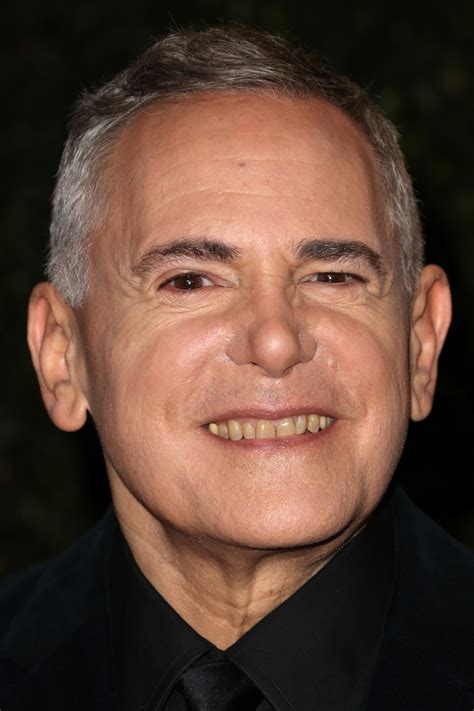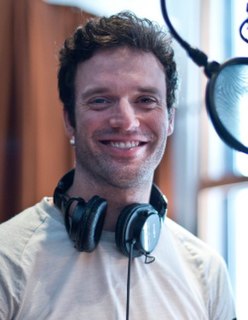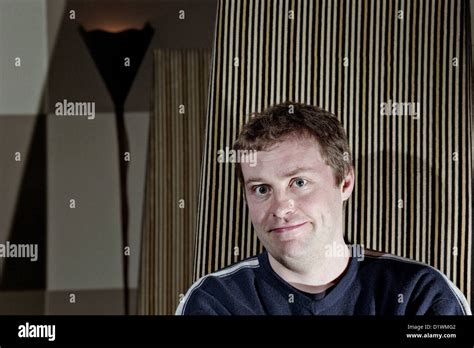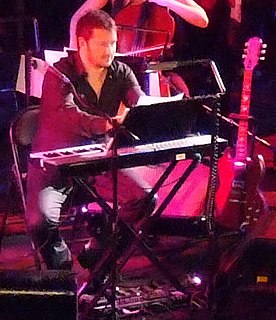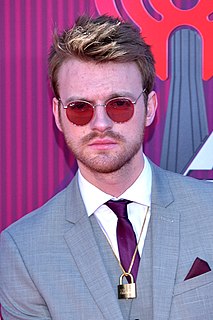A Quote by Craig Zadan
I don't think we're going to break the law in terms of what you can or can't do on TV. We're looking to do something edgy, different, and special.
Related Quotes
The truth is, for me, when I was a young black girl who knew I was different, was watching TV, I would always be staring at the TV set looking for myself, and I didn't see me. And when you don't see yourself, you start to think that you don't matter, or you start to think that something is wrong with you.
If you really want to break it down, on a small movie everybody knows that they're there for artistic reasons to do something special to make something amazing, and they're not going to get their normal hotel and they're not going to get their trailer, but they're willing to forgo that - and of course the salary - because they want to do something really special. On a big movie, most people are getting paid a lot of money, and so they're there to do the work.
It's a real democratic time for comedy, and I think my special is a sign for that. You don't have to just be a classic stand-up to get a special, or you don't just have to be on Saturday Night Live to do characters and sketch on TV. The web has allowed me to show that there are different ways to make people laugh, and the special is a combination of those things.
I love musicals but it's very, very different. It's really just a different form than serious drama, and has very different rules and a completely different set of characters and requirements and ambitions. It maybe shouldn't be as separate as it is, but it's got a different history. In terms of serious drama, I think you'd have to say that you could break it down essentially into the narrative realist tradition and experimental theater.
People don't like the music that's out now, that's on their radio stations, and they want to hear something different, but they're just the audience. You know, people will keep the TV on even if a show is on that they hate - because, unfortunately, they've been programmed to do that. [But] they are really looking for something that's gonna speak to the world that they're living in. That's what people are looking for, but they're not finding it.
We're still staring at TV screens, right? They're still monitors. But the way information is delivered is different. So it creates an interesting way of looking back at early films, because they're actually relevant in terms of the devices people are using. But the consideration, the debate, around those technologies was very different from what's being presented now.
